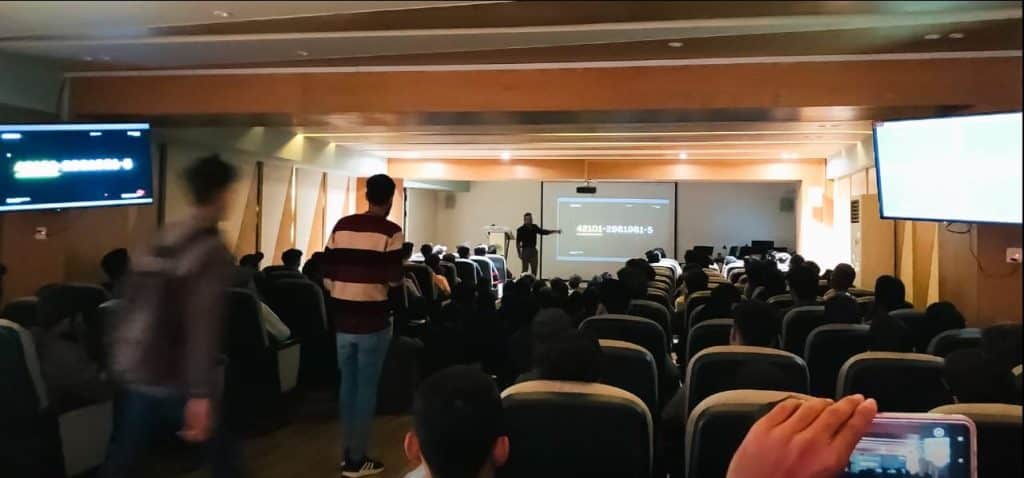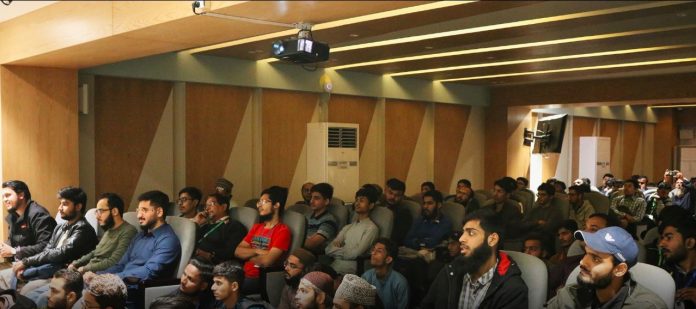In much of Pakistan, digital technology still plays second fiddle to outdated systems, and institutional inertia especially in the realm of business management. While Pakistan has made headlines in fintech and e-commerce pockets, the reality for most small and medium enterprises (SMEs) and microbusinesses across the country is still marked by paper-based accounting, unstructured data, and minimal exposure to automation or analytics.
A 2023 report by the Pakistan Software Export Board revealed that less than 12% of registered SMEs utilize digital enterprise resource systems. Outside major urban hubs, manual ledgers and Excel spreadsheets are still the default tools for financial planning. For youth entering the job market, especially those from underprivileged backgrounds, access to cutting-edge tools like Power BI, cloud-based ERPs, or even foundational finance training remains a privilege, not a norm.
And yet, amid this technological lag, there are professionals who refuse to stand by. Across sectors, a quiet but meaningful movement is gaining momentum led not by corporations or government, but by individual practitioners who believe in paying it forward. A few notable examples include small tech collectives in Peshawar providing automation workshops to traders, and volunteer-led coding bootcamps in Balochistan training young women in data literacy.

In this landscape, one initiative in particular has begun to stand out for its scale, structure, and social ambition. Ahsan Sharif, a seasoned finance and digital transformation leader, took it upon himself to design and deliver a full-fledged, multi-month training program on Finance and Business Modernization entirely free of cost. Partnering with two respected institutions, School of Leadership Foundation and Standard Computer College, Sharif mentored nearly 100 students across two cohorts, offering an experience that would rival any private training provider in the region.
What sets this effort apart is not just the voluntary nature of Ahsan’s contribution, but the rigor and relevance of the program itself. According to officials from both institutions, participants were selected through competitive entry tests from among hundreds of applicants. The selected candidates, many of them orphans or from financially challenged families, were enrolled in a 12-week to 16-week structured curriculum that included lectures, assignments, live demonstrations, one-on-one mentoring, and final examinations.
The course outline reads like a modern finance degree compressed into real-world delivery: financial forecasting, Power Query and M language, cloud ERP tools like Xero and QuickBooks, RPA concepts using Power Automate, and advanced modules on AI integration for forecasting, fraud detection, and decision support. Participants built capstone projects simulating the transformation of a traditional finance department using automation and AI with measurable KPIs and reporting dashboards to demonstrate outcomes.
What’s more, Ahsan Sharif’s involvement extended far beyond curriculum delivery. He designed the entire learning model himself, conducted the lectures personally, and remained deeply involved in student development offering one-on-one mentoring, customized assignments, and post-course career guidance. All of this without charging a single rupee.
Several of the program’s alumni now hold roles as data scientists, analysts, and digital finance professionals, some even hired directly at job fairs linked to the course.
This isn’t just a story about a well-run course. It’s about what can happen when leadership, expertise, and altruism collide in a context that desperately needs all three. Ahsan Sharif’s initiative is a blueprint for how professionals in Pakistan and globally can leverage their skills to drive inclusion, economic opportunity, and long-term digital uplift, even where infrastructure and policy fall short.
As Pakistan grapples with the challenge of equipping its workforce for a data-first economy, stories like this remind us that transformation doesn’t always start with the system it often starts with people.


